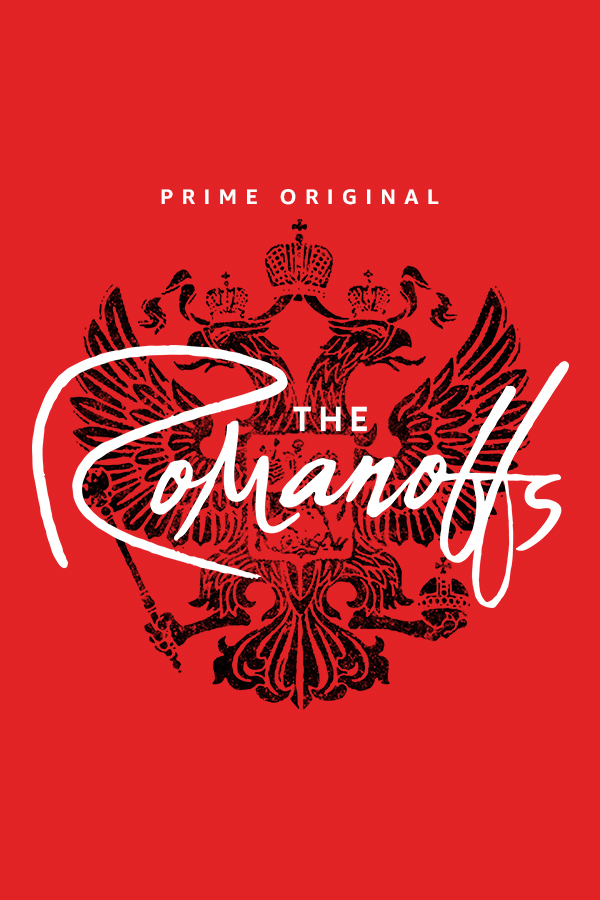
I recently watched Amazon’s 2018 series The Romanoffs. While reviews were mixed, I thought this limited ensemble series was amazingly good overall. Backstory: A century after the execution of the czar and his immediate family at the hands of the Bolsheviks, viewers experience eight distinct stories about descendants of Russian royalty. None of the characters remain more than mildly Russian; they’re all highly assimilated to American or French society. Given the Russian monarchy’s despotic reputation, you might think the modern-day Romanoffs would be depicted as nefarious or power-hungry, leaving readers to weigh nature versus nurture. Yet there’s little sign of this. While the starring Romanoffs are definitely more nefarious than the average human, they’re not especially nefarious for television characters.
Since each episode is self-contained, you need not watch them in order. My recommended viewing plan: Start with episode 2. Edge of your seat, though by the end you’ll falsely assume that the whole show is about the iniquity of the Romanoff bloodline. Next, watch episodes 1 and 7, bound together by the common theme of the continuation of the Romanoff dynasty. The sole weak episode is the surreal and senseless third installment. Well-done for what it is, but in the end it’s scarcely better than a dream sequence on The Sopranos.
From the point of view of historiography, what’s striking is that almost every episode unequivocally condemns the 1918 execution of the whole royal family. Most treatments I’ve read are more apologetic: “You have to understand that these Romanoffs tyrannized over Russia for centuries, and the revolutionaries wanted to ensure that they would never regain power.” At the same time, the series never bothers to argue that for all its faults, the late Russian monarchy was vastly superior to the totalitarian Soviet hell-state that succeeded it. The murder of five Romanoff children evokes far more horror than the murder of tens of millions of nameless Russians. An elegant illustration of the Stalin’s alleged aphorism, “One death is a tragedy; a million deaths is a statistic.”
P.S. The Caplan family will be in Nashville on April 16-19. We’re staying next to Vanderbilt University. If you want to meet up, email me. 🙂

READER COMMENTS
alvincente
Apr 15 2021 at 1:20pm
Have not seen any of this series, but historically it is important to remember that in mid-1918, when the Czar and his family were executed, Russia was in the midst of a massive and extremely bloody civil war between the Bolsheviks (the “Reds”) and a coalition of monarchist forces (the “Whites”). Both sides were extremely nasty and deserved to lose. I presume the executions were intended to make restoration of the monarchy more difficult. Nothing personal (except maybe for Nicholas himself, who certainly deserved to be executed).
A
Apr 16 2021 at 7:25am
That’s the justification, but if you are concentrating state power, it’s unwise to hand the reins to people who use the justification to murder children.
alvinccente
Apr 16 2021 at 2:25pm
Bad, of course. In context, though, during that period hundreds of thousands of civilians were murdered in the civil war by both sides, including many many children.
mark
Apr 16 2021 at 3:52am
The quote is from a text by German author Kurt Tucholsky – left, talented, funny, died in 1935 – and he is quoting an unnamed and unknown French diplomat. Had to do some research on it, as I loved the quote, but none of my Russian friends had ever heard of it, at least not in connection with Stalin. You find it below in German, easily understandable. – The Washington Post in 1947 seems to have been the first who put it as a Stalin quote.
“Es wird von den Schrecknissen des Krieges gesprochen. Darauf sagt ein Diplomat vom Quai d’Orsay: »Der Krieg? Ich kann das nicht so schrecklich finden! Der Tod eines Menschen: das ist eine Katastrophe. Hunderttausend Tote: das ist eine Statistik!« Die Sprache der Diplomaten ist eben die französische, und die Definition des Berufes heißt so: »Ein Diplomat, mein liebes Kind, ist ein Mann, der das Geburtsdatum einer Frau kennt und ihr Alter vergessen hat!«”
Kurt Tucholsky (Peter Panter): “Französischer Witz”, 1925
_________
Sources:
Kurt Tucholsky (Peter Panter): “Französischer Witz”, Vossische Zeitung, 23. August 1925, in: Kurt Tucholsky: Gesammelte Werke in zehn Bänden. Band 4, Rowohlt, Reinbek bei Hamburg: 1975, S. 189-191. (Link) (vorerst zitiert nach Zeno.org)
Comments are closed.